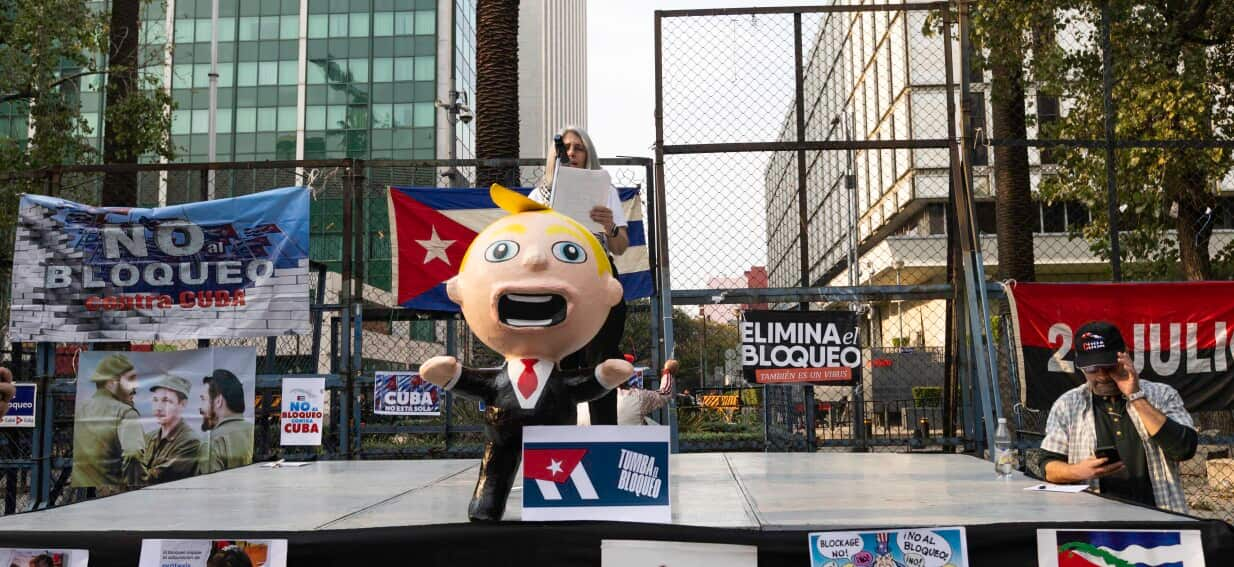
Francesca Albanese, United Nations Special Rapporteur on the situation of human rights in the Palestinian territories, gives a statement after meeting with the Slovenian parliament's Friendship Group with Palestine, in Ljubljana, on July 10, 2025. The US Secretary of State on July 9 announced Washington was sanctioning Albanese following her criticism of Washington policy on Gaza. (Photo by Jure Makovec / AFP)
Francesca Albanese, an Italian human rights lawyer and UN special rapporteur on the occupied Palestinian territories, has been sanctioned by the United States government. This decision, announced by Marco Rubio, the US Secretary of State, follows Albanese’s outspoken views regarding Israel and her recent statements that have drawn significant criticism.
Albanese, who holds a position at Georgetown University, has made headlines for her controversial opinions. In her recent book, titled J’Accuse, published shortly after the October 7, 2023 Hamas attack, she likened Israel to settler-colonialism and genocide. Her characterizations of Israeli actions have been described as highly partisan, leading to accusations of bias in her reports.
In her communications with Australian journalists, Albanese referred to the Hamas assault as a “natural” response to Israeli rule, dismissing Israel’s right to self-defence as “non-existent.” Her official reports, including one from 2024, have similarly drawn ire, with headlines such as “Genocide as colonial erasure.” Furthermore, she has called for a complete cessation of arms sales to Israel and the prosecution of corporate executives deemed complicit in Israeli actions.
The US government’s response to Albanese’s statements reflects a growing frustration with her perceived bias and the impact of her rhetoric on international relations. Secretary Rubio stated that her views present a “clear and present danger” to the sovereignty of both the US and Israel.
While the sanctions may seem justified from this perspective, critics argue that imposing such measures for mere expressions of opinion could undermine the US’s commitment to free speech. The action raises questions about the appropriate use of sanctions, particularly when directed at individuals whose influence is largely limited to specific academic and activist circles.
Some observers contend that Albanese’s views, while provocative, are unlikely to significantly impact international relations. Her rhetoric resonates primarily with a select audience of leftist academics and activists, leading to the assertion that sanctioning her may inadvertently elevate her profile.
Additionally, critics suggest that the US should reserve sanctions for individuals directly engaged in aggressive actions or crimes against humanity. By extending such measures to Albanese, the US risks diminishing the weight of its sanctions, which should symbolize serious wrongdoing.
In the broader context, the US’s decision to sanction Albanese highlights the increasing tension between the government and various UN representatives. Critics argue that a more effective approach might involve engaging with individuals like Albanese through dialogue rather than punitive measures, which could foster further division.
As the US navigates its role in global politics, the implications of this sanction will likely resonate beyond Albanese. It raises important considerations about the intersection of free speech, international diplomacy, and the moral authority of sanctions in a complex geopolitical landscape.






